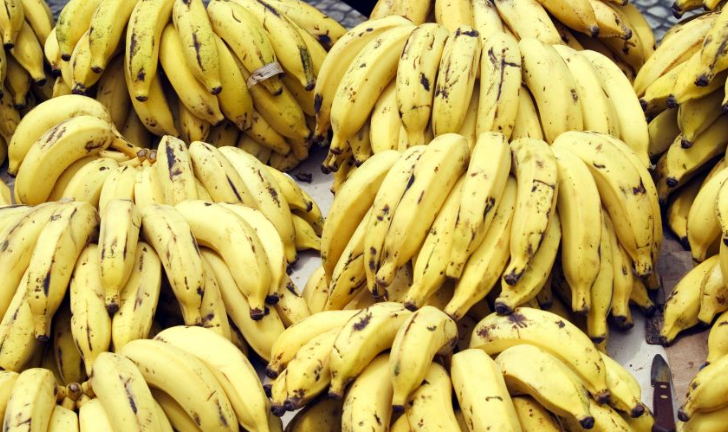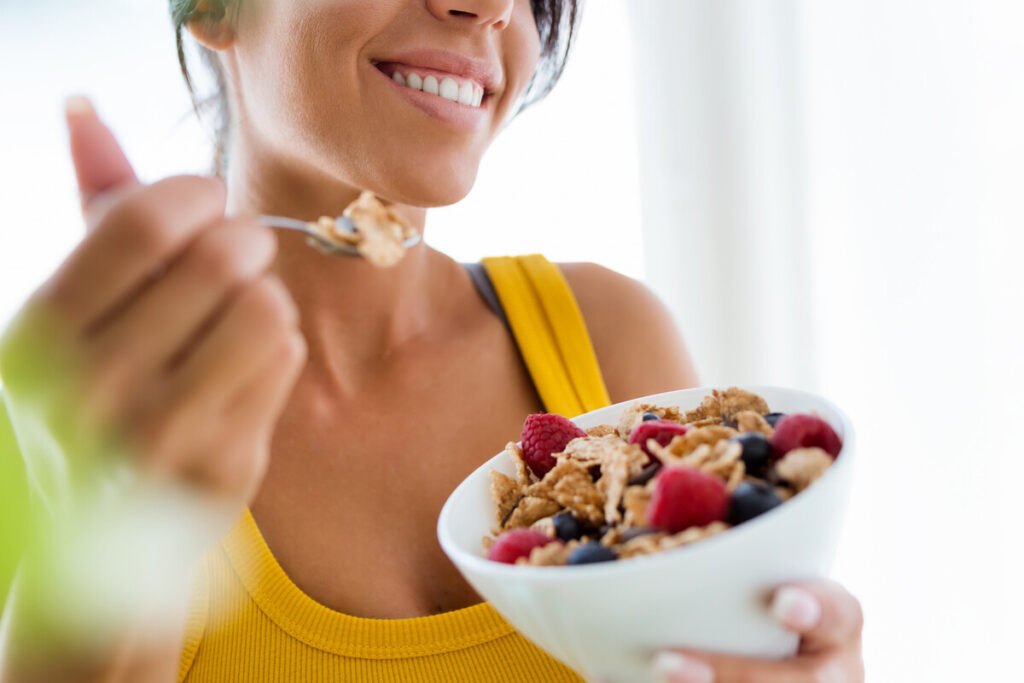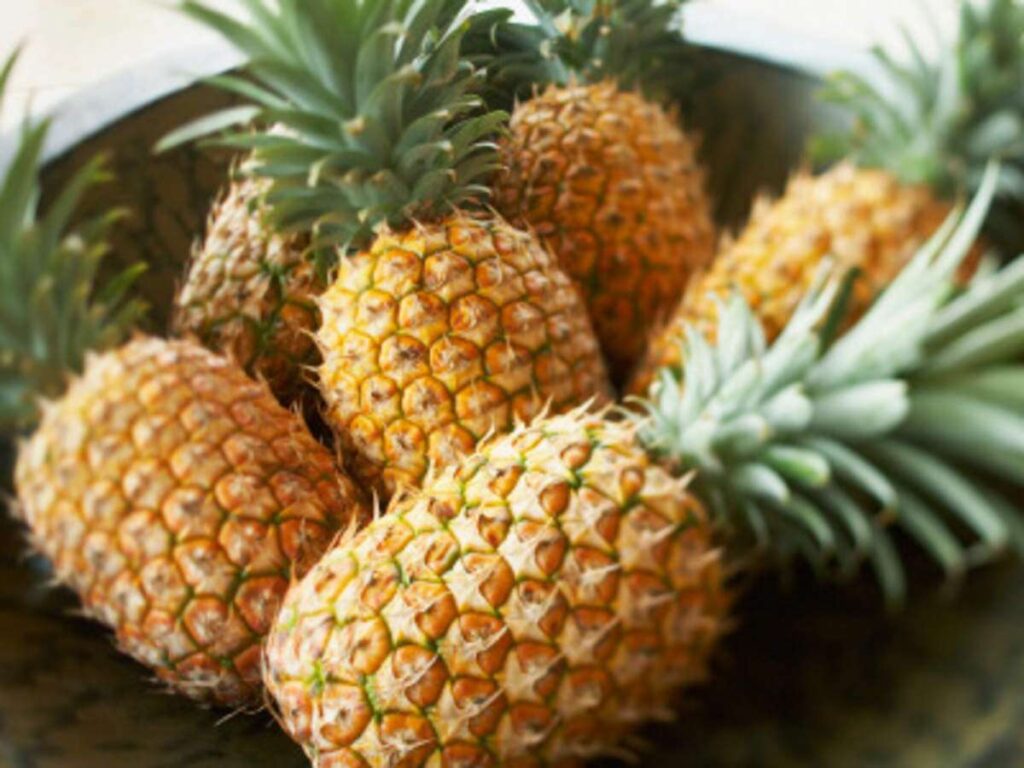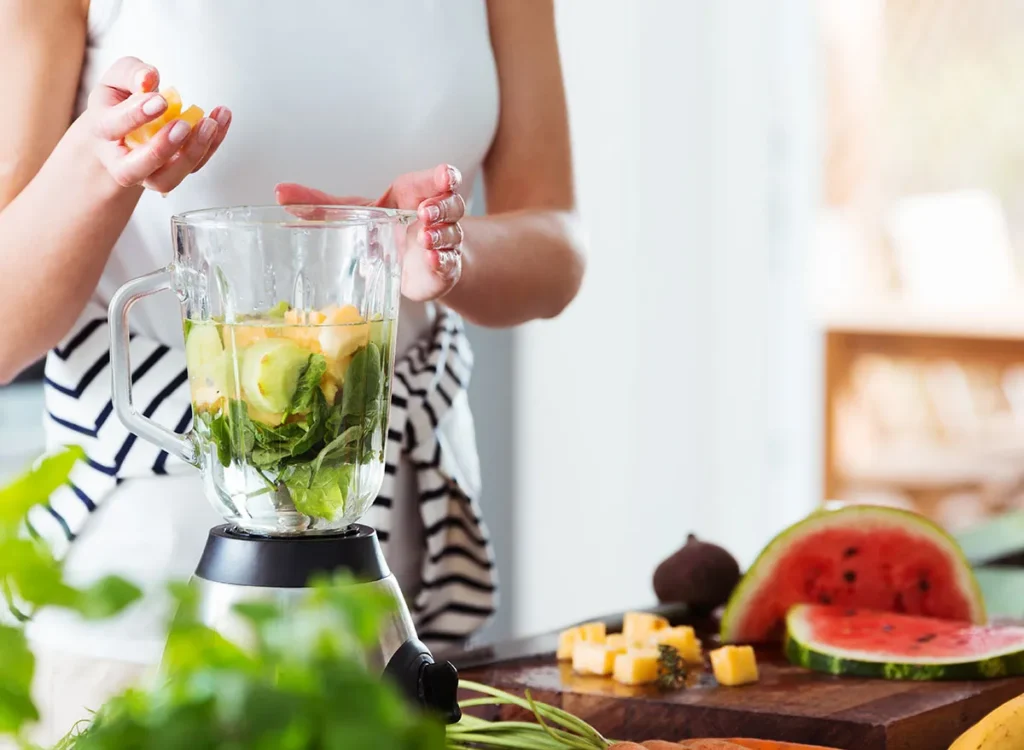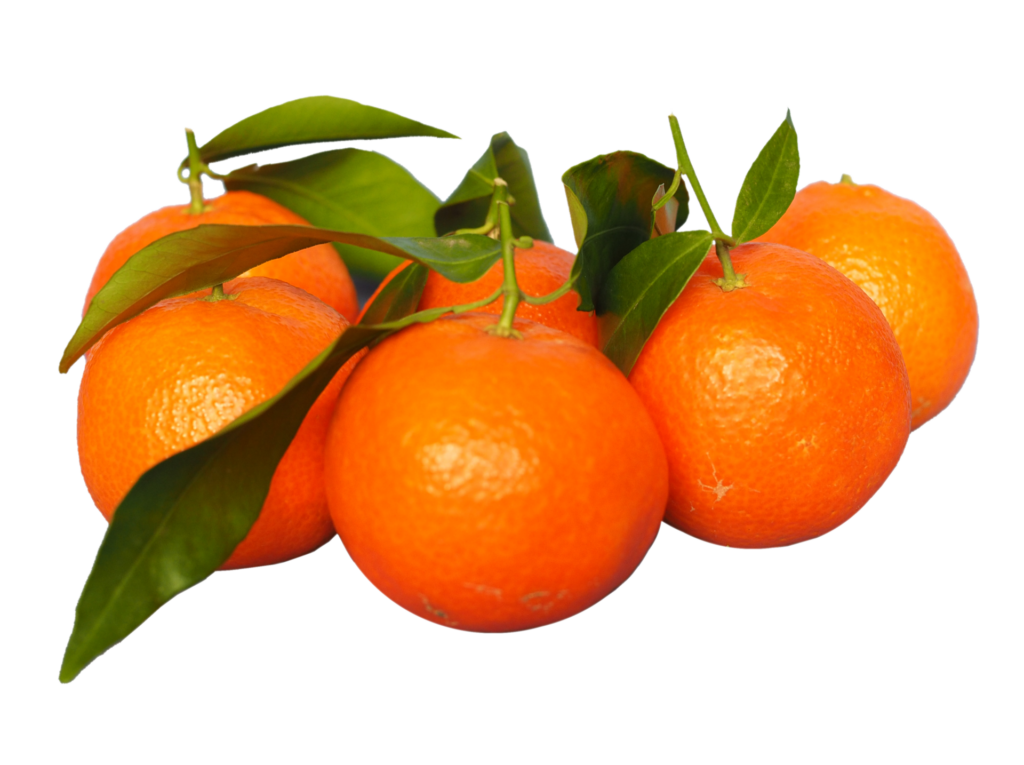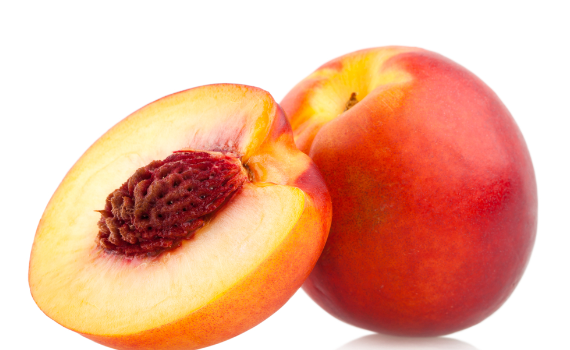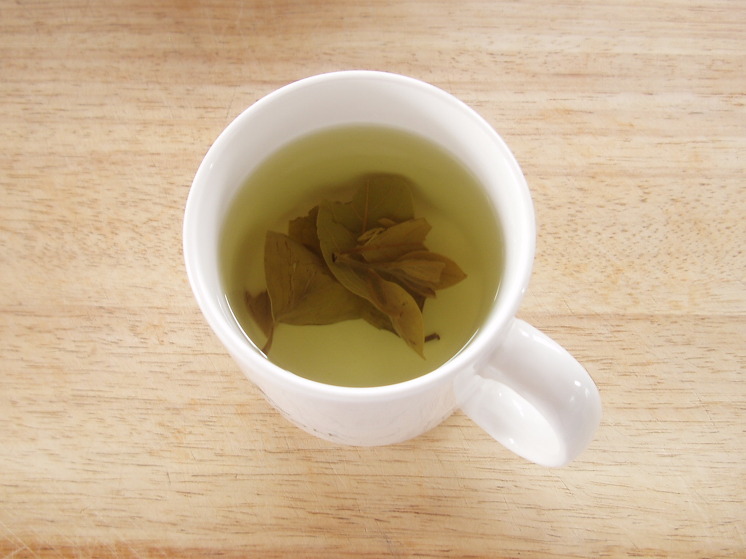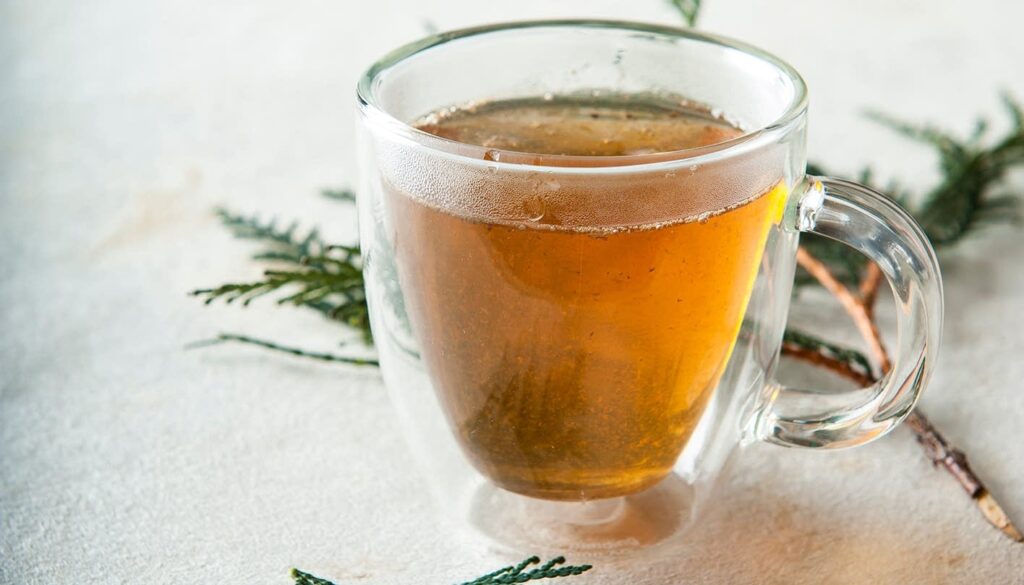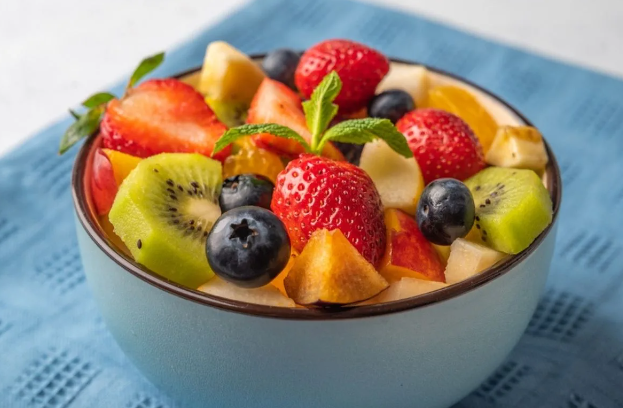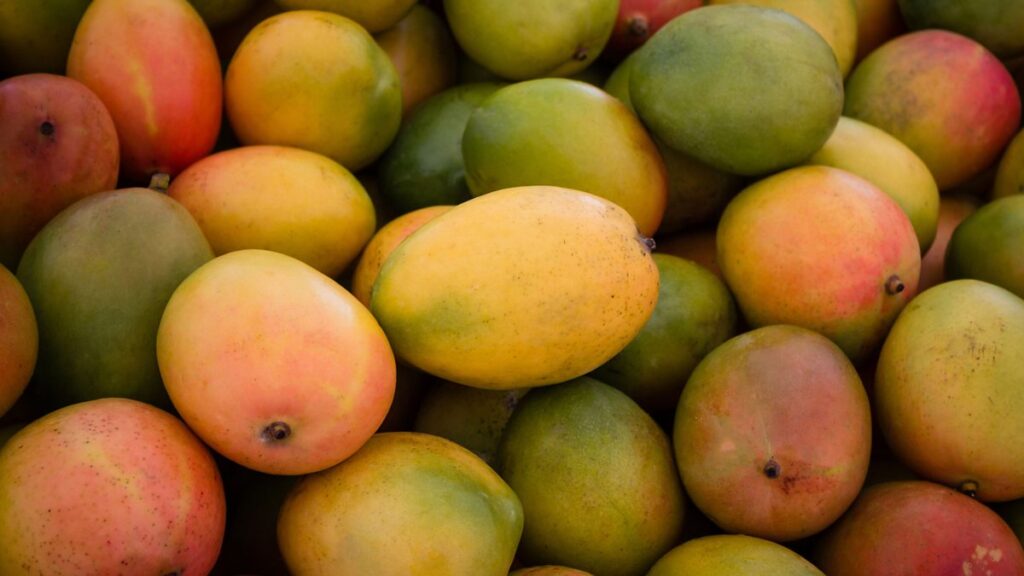Ulcerative colitis is a condition where there is inflammation and ulcers in your gut, causing discomfort that includes bleeding, diarrhea, and pain. It can affect your whole colon and doesn’t always show symptoms. Finding the right food is crucial in managing ulcerative colitis. Bananas are a fruit that many suggest for those with this condition. Now, let’s dive into why bananas might be helpful for individuals with ulcerative colitis.
Food choices are incredibly important when dealing with ulcerative colitis. Some foods can help ease inflammation and make you feel better, while others could make the condition worse. Many people say that bananas are good for those with ulcerative colitis. Are they right? Let’s explore this in more detail.
Table of Contents
- Why Bananas May Be Beneficial
- 1. Low in Fiber
- 2. Rich in Potassium
- 3. Anti-Inflammatory Nutrients
- 4. Prebiotic Effects
- 5. Easy to Digest
- 6. Help Counter Diarrhea
- 7. Convenient Snack
- Are Bananas Part of an Ideal Ulcerative Colitis Diet?
- Pairing Bananas with Other Gut-Friendly Foods
- Getting Creative with Banana Recipes
- The Bottom Line
Why Bananas May Be Beneficial
Bananas might be beneficial for those living with ulcerative colitis for a number of reasons:
1. Low in Fiber
Unlike many fruits, bananas don’t have a lot of fiber. Too much of the wrong kind of fiber from things like veggies and whole grains can actually trouble people with ulcerative colitis because it’s hard to digest. Bananas mainly have soluble fiber, which is gentler and doesn’t cause so many problems. They’re soft and go down easily, which is good when your gut is sensitive.
Because bananas contain soft soluble fiber, they are generally easier on the stomach. This makes them a smoother option, less likely to irritate your gut compared to foods with lots of rough fiber.
2. Rich in Potassium
Potassium is a nutrient that helps with muscle strength, nerve signals, balancing fluids, and making energy. A medium-sized banana has about 400 mg of potassium. People with ulcerative colitis often don’t have enough potassium, so eating bananas can be a good way to make sure you’re getting enough to help with symptoms and avoid extra problems.
Studies have found that those with ulcerative colitis might not have enough potassium. Including potassium-rich foods like bananas in your diet could help ease symptoms and prevent other issues from coming up.
3. Anti-Inflammatory Nutrients
Bananas have certain helpful chemicals and antioxidants that can reduce inflammation. For example, they have something called dopamine that fights inflammation. They also have vitamins C and B6, and a mineral called manganese, which can all help to calm down the inflammation that happens with ulcerative colitis.
Eating foods that fight inflammation can be really useful in managing ulcerative colitis, as it is a disease that involves ongoing inflammation in the gut.
4. Prebiotic Effects
The fiber in bananas does more than help with digestion – it also feeds the good bacteria in your intestines. These good bacteria are very important for keeping your gut healthy, and with ulcerative colitis, it’s really helpful to have these bacteria in balance. The prebiotic nature of bananas’ fiber may support this balance.
Good gut bacteria is beneficial for anyone, but especially for those with ulcerative colitis. Prebiotics in bananas might help to keep your intestinal bacteria healthy.
5. Easy to Digest
Ripe bananas are soft and mushy, so they don’t require a lot of effort to chew or digest. This is great because they’re less likely to upset your stomach or cause pain. Foods that are hard to digest can make ulcerative colitis worse, but bananas tend to pass through your system easily.
The easy-to-digest trait of bananas also minimizes the risk of bowel obstruction, which can sometimes happen with ulcerative colitis. Bananas move smoothly through the digestive tract.
6. Help Counter Diarrhea
Diarrhea is a common problem for people with ulcerative colitis. Bananas can help manage that because the fiber in them absorbs extra water in your intestines, making your stools more solid and lessening diarrhea.
The soluble fiber in bananas helps control digestion and create better-formed stools, which can alleviate the issue of constant bathroom visits.
7. Convenient Snack
Bananas don’t need any prep – you can just grab one and eat it! This is super handy for people with ulcerative colitis who might need to snack more often throughout the day. Bananas are nourishing and easy to carry around, making them a perfect snack.
Adding everything up – the nutrients, anti-inflammatory stuff, prebiotic fiber, how easy they are to digest, and their convenience – it’s clear why bananas are often recommended for people with ulcerative colitis.
Are Bananas Part of an Ideal Ulcerative Colitis Diet?
Bananas are full of helpful things, but there’s some debate over whether they should be a main part of your anti-inflammatory diet if you have ulcerative colitis.
Some doctors and dietitians think bananas are a good, low-fiber fruit for people with this condition. But others say to be careful because of the sugar in bananas, the possibility of them causing gas, and their lack of other important nutrients.
Most experts think it’s good to eat bananas in moderation. It’s okay to enjoy a banana here and there or include it in a balanced diet, but don’t overdo it with fruits that have lots of sugar, like bananas.
A good diet for ulcerative colitis includes plenty of nutrient-rich, anti-inflammatory foods such as veggies, plant proteins, foods with omega-3 fats, and ones with probiotics. While bananas can fit in this diet in moderation, they shouldn’t be the only thing you’re eating.
It’s best to work with your doctor or a registered dietitian to make a diet plan that’s just right for you. Look at what foods work best for your body and try to eat lots of different kinds of healthy foods to keep your ulcerative colitis under control.
Pairing Bananas with Other Gut-Friendly Foods
Combining different foods is important to get all the nutrients you need. Besides bananas, add in other easy-to-digest, gut-friendly items to your meals. Softly cooked veggies like carrots and squash are good, and so are gentle proteins like chicken or tofu, which help heal and build your muscles.
Getting Creative with Banana Recipes
Bananas are both healthy and can be eaten in many ways. For a calming drink, mix bananas with lactose-free yogurt and some spinach in a blender to make a smoothie. You can also put together a banana pudding that’s easy on your stomach by layering banana slices with a chia seed pudding made using almond milk.
If you have UC (ulcerative colitis), here’s how you can safely enjoy bananas:
- Start eating bananas little by little. Begin with just a small taste and, if they don’t cause you trouble, you can slowly have more.
- Choose bananas that are ripe. Bananas that aren’t fully ripe can be tough to digest, so wait until they have brown spots before you eat them.
- Mash or blend bananas so they’re smoother and gentler for your stomach. You can put softened bananas into smoothies as one way to do this.
- If you can’t handle lactose, keep away from any banana dishes that contain dairy to avoid making things worse for your gut.
- Don’t eat too many bananas at once. A good amount to have is about three-quarters to a whole banana. And if your symptoms are acting up, it’s better to eat little amounts more often.
- Make sure to drink a lot of water when you eat bananas. This will help your digestive system work better and stop constipation.
- Before adding bananas to your diet, have a chat with your doctor or a dietitian. Take their advice on what’s best for you.
With a bit of caution, most people who have mild or moderate ulcerative colitis can eat bananas without any trouble. But be careful when trying new foods, and stop eating anything that seems to make your condition worse.
The Bottom Line
For many with ulcerative colitis, bananas can be a smart snack in moderation. They are good for you and have properties that reduce inflammation, don’t have much insoluble fiber, and are typically easy to digest. Still, everyone’s different when it comes to food.
Some people might get gassy, swollen, or have their symptoms get worse from eating bananas. It’s very important to watch how your body reacts. And remember, bananas should be just one part of your diet, not the main part.
To get the best out of your diet, try to eat lots of different anti-inflammatory foods that are whole and not processed. Eating a variety makes sure you get many nutrients, which can help control your symptoms and heal your stomach. Also, it’s crucial to work with a healthcare professional who can help you figure out the best foods for your specific needs.
